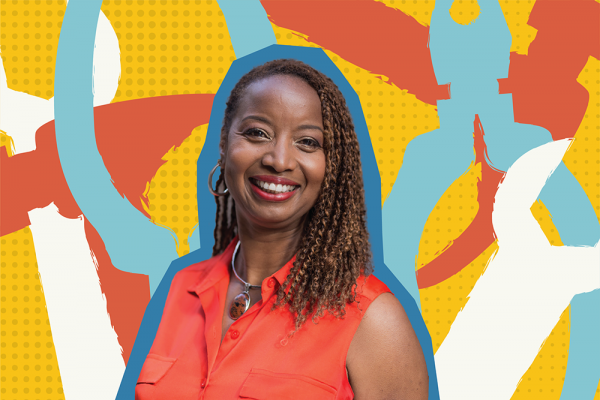Apr 23, 2024
Brenda Salter McNeil is an ordained minister in the Evangelical Covenant Church, associate professor of reconciliation studies at Seattle Pacific University, and the author of multiple books on the topic of racial reconciliation. McNeil is acutely aware of critical attitudes toward racial reconciliation and is seeking to emphasize the importance of reparations and intersectionality in her new book, Empowered to Repair. I sat down with McNeil to talk about reconciliation, Obama, and Black support for former president Donald J. Trump.
Read the Full Article

Already a subscriber? Login
